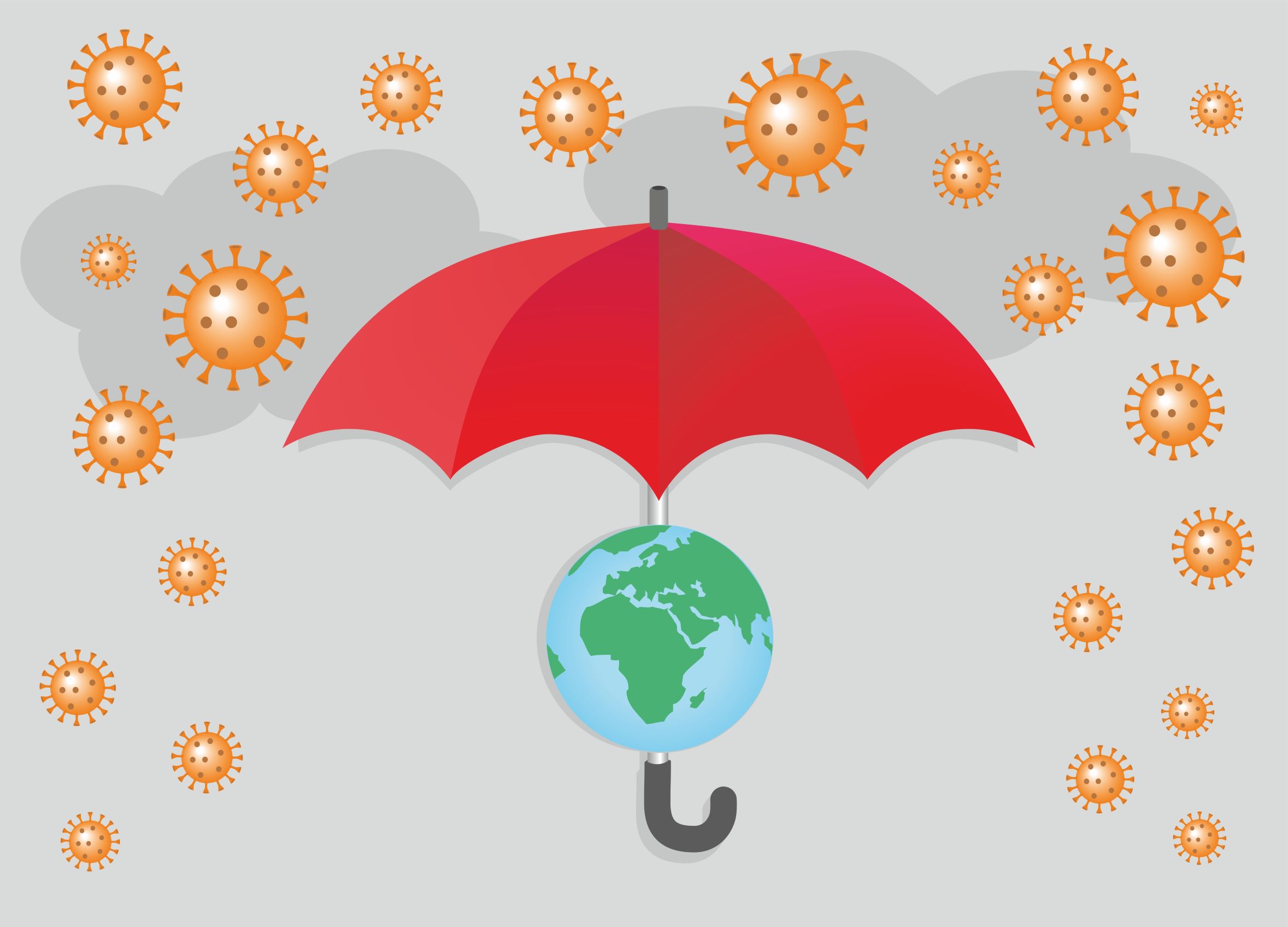Like other health systems, Johns Hopkins is handling the challenge of how best to respond to COVID-19 across our own hospitals and clinics. Meanwhile, we are serving as public health stewards to our local community and as trusted consultants to our national and global affiliates.
Johns Hopkins has been at the forefront of these efforts certainly as a result of our research on the clinical and nonclinical issues around the pandemic. But we’re also called upon because of our collaborative approach to sharing knowledge and changing health trajectories.
As COVID-19 outbreaks continue, one truth has become very clear: We can’t solve this crisis in isolation.
Johns Hopkins approaches health challenges as a global effort, and in this way, we’ve been able to support sustainable solutions around the world. Here are some aspects of our approach to global collaborative health that should be part of a collective, multidimensional response to the COVID-19 pandemic:
Merge Science and Art
Medicine, of course, is grounded in scientific fact. However, there is also an element of art in the way we build relationships and customize strategies. Although health care principles and good clinical practices are essentially universal, we tailor collaborations to succeed locally ― rather than just give clients a list of protocols and equipment as a solution to evolving a hospital or managing a pandemic. The delivery mechanisms have to be deliberate, but also appropriate for that organization, community or country.
Collaborations need to be both content driven and context sensitive. They will fail if either is missing.
Embrace Inclusivity
True progress requires gaining the buy-in of all stakeholders in that local community. It does not just come from administrators saying, “We’re going to bring in Johns Hopkins and get things done.” That will never work. Problem solving must engage staff in all areas, including physicians, nurses, techs and other caregivers ― folks who are on the front line of care in crises and every day in between. Support should come from the ground up to bind stakeholders together to truly make a difference.
Gather the Best Minds
In addition to engaging staff at all levels, it’s important to involve a variety of disciplines to incorporate varied views and specialty areas. Johns Hopkins taps resources for our collaborations across our broad network, including a school of public health, a school of engineering with a strong biomedical center, an institute of nursing, and the Armstrong Institute for Patient Safety and Quality. Bringing together multidisciplinary experts amplifies the experience, expertise and insights that can bring us closer to solutions.
COVID-19 has highlighted the need for inclusive, multidimensional collaboration. It is by working together that we’ll not only contain this and future pandemics, but also how we’ll fundamentally shift and strengthen the delivery of health care around the world.
